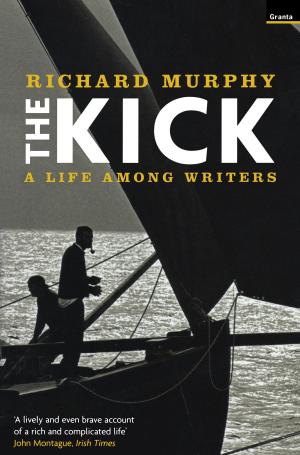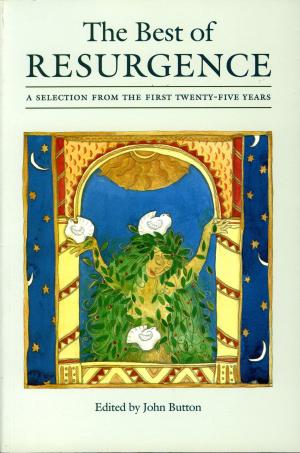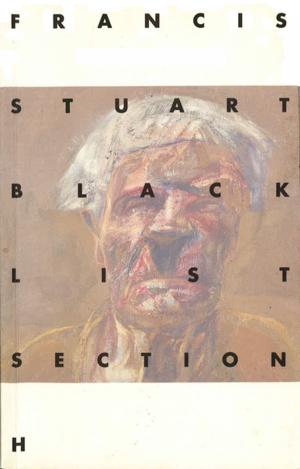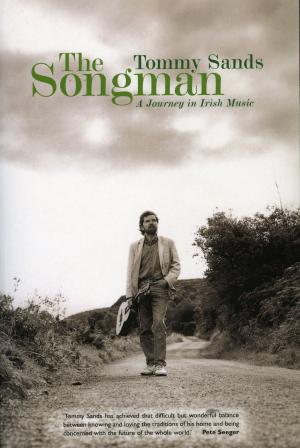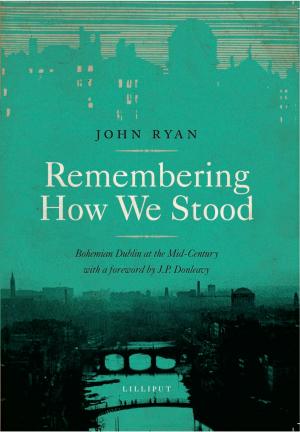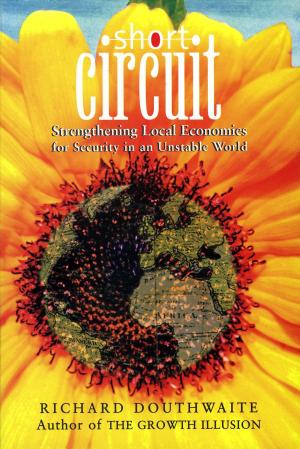The Outer Edge of Ulster
A Memoir of Social Life in Nineteenth-Century Donegal
Nonfiction, History, British, Modern, Biography & Memoir| Author: | ISBN: | 9781843514794 | |
| Publisher: | The Lilliput Press | Publication: | May 17, 2001 |
| Imprint: | The Lilliput Press | Language: | English |
| Author: | |
| ISBN: | 9781843514794 |
| Publisher: | The Lilliput Press |
| Publication: | May 17, 2001 |
| Imprint: | The Lilliput Press |
| Language: | English |
In the 1890s, Hugh Dorian (1834-1914), a native of Fanaid on the Atlantic coast of north Donegal, completed a remarkable memoir which he entitled 'Donegal Sixty Years Ago'. This fascinating text, although intended by Dorian for publication, is seeing the light of day only now, a century later. The author, an impoverished school-teacher and writing clerk, wrote with confidence and passion about the world of his childhood and the powerful alien forces that had destroyed that world. Dorian provides extraordinary insights into the sectarian tensions between Catholics and Protestants in what was a remote corner of Ulster, and also illuminates the social and political fissures within Catholic society in a period of rapid cultural change. Chapters in The Outer Edge of Ulster are devoted to strikingly frank discussions of the social position of craftsmen and musicians; local systems of land holding; the experience of famine; smallholder relationships with landlords and bailiffs; the rival systems of teaching in hedge-schools and the new national schools; the ritualized debates between community leaders at 'nightly meetings'; the place of the poitín industry; and a broad array of popular beliefs, customs and practices.
In the 1890s, Hugh Dorian (1834-1914), a native of Fanaid on the Atlantic coast of north Donegal, completed a remarkable memoir which he entitled 'Donegal Sixty Years Ago'. This fascinating text, although intended by Dorian for publication, is seeing the light of day only now, a century later. The author, an impoverished school-teacher and writing clerk, wrote with confidence and passion about the world of his childhood and the powerful alien forces that had destroyed that world. Dorian provides extraordinary insights into the sectarian tensions between Catholics and Protestants in what was a remote corner of Ulster, and also illuminates the social and political fissures within Catholic society in a period of rapid cultural change. Chapters in The Outer Edge of Ulster are devoted to strikingly frank discussions of the social position of craftsmen and musicians; local systems of land holding; the experience of famine; smallholder relationships with landlords and bailiffs; the rival systems of teaching in hedge-schools and the new national schools; the ritualized debates between community leaders at 'nightly meetings'; the place of the poitín industry; and a broad array of popular beliefs, customs and practices.

